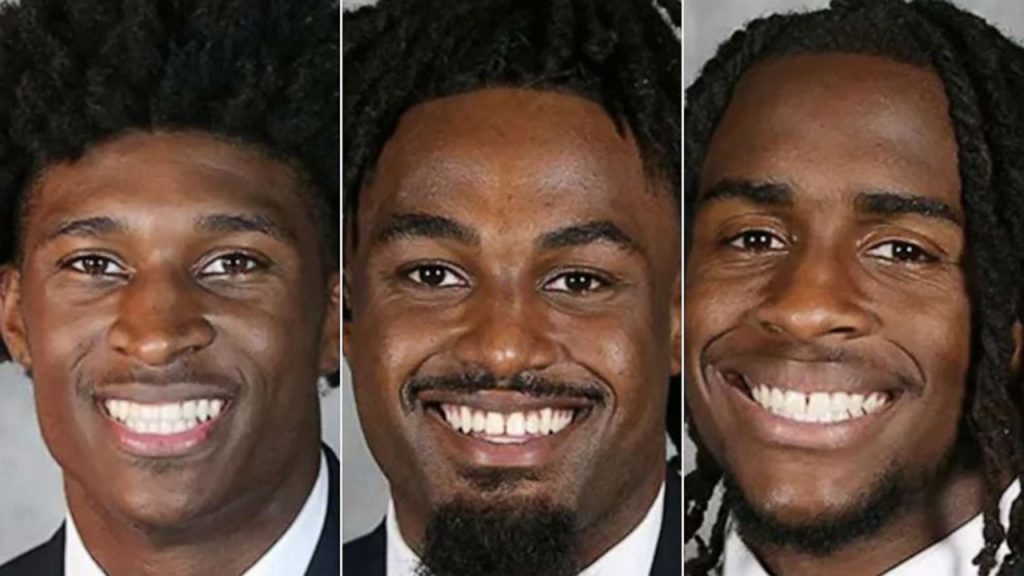Three University of Virginia football players were shot dead, and another two were injured in what appears to be another case of the inability to self-regulate emotions and anger.
The suspect’s father alleges that his son told him about a month ago that he was “a little paranoid” and was being “picked on.” The father does, however, not clarify by whom.
Bullying and conflict often occur on college campuses and in organized sports. Bullying is defined as unwanted, aggressive behavior inclusive of an imbalance of power—one person exerting power and control over another—that is repeated or has the potential to be repeated.
According to stopbullying.gov, signs include rude behaviors, for example, saying or doing something that hurts someone else. Mean behaviors, for example, purposefully saying or doing something to hurt someone, but not as a part of a pattern of behavior, or conflict. Unlike bullying, a conflict is a struggle between two or more people who perceive that they have incompatible goals or desires. Most conflicts arise at the moment because people with the same relative amount of power see the same situation from two different points of view.
The target of the bullying may feel disrespected. Research by Dr. Joy DeGruy, on African American youth and their perceptions toward respect, and what it means to be respected uncovered that for African American males, respect is highly associated with value and worth. Her research also supported other research findings that the more a person is victimized, the more they are likely to resort to violence during a conflict.
In May 2022, I conducted community surveys with 500 15- to 24-year-olds in Miami, Florida. The results indicated a lack of social skill development, including inadequate communication skills and frequent misunderstandings. Poor conflict resolution skills were inadequate as an influence on the use of firearms. Participants cited a lack of self-awareness and self-control abilities in times of stress and anxiety as contributing factors to violence as well.
As more information about this case is disclosed in the coming days, our nation, which is already grieving from too many stories of senseless gun violence, will likely become desensitized to this very visible trauma. To prevent future tragedies of this nature, it is my hope that we will begin to study the antecedent causes and their interrelationships.
Jonathan is the founder and Executive Director of the Affirming Youth Foundation, Inc., in Miami, Florida. He is a mental health counselor and doctoral candidate in social work at the University of Southern California. His funded research centers on community violence, (including gang violence, trauma, and child victimization; victimization consequences); strategies for reducing adverse childhood experiences; harm reduction; and the development of novel strategies to address service gaps related to violence reduction.

